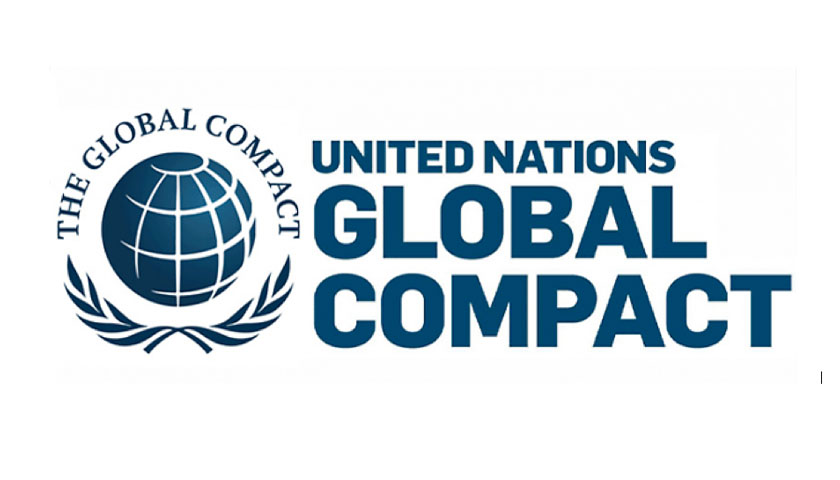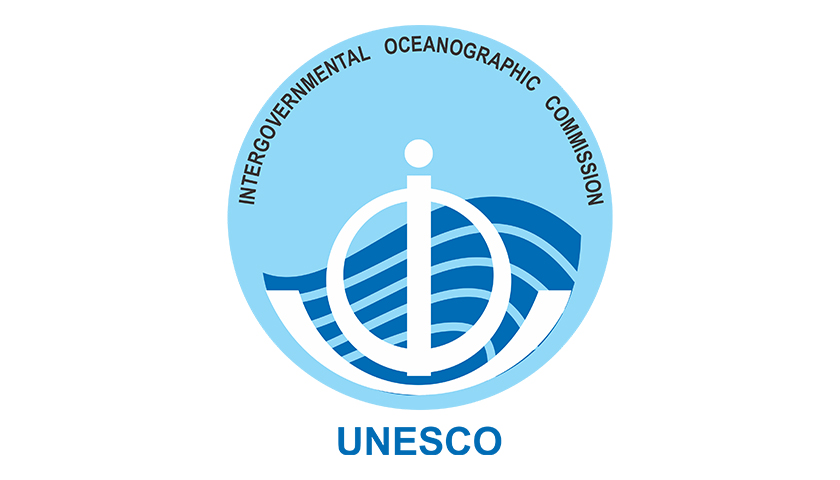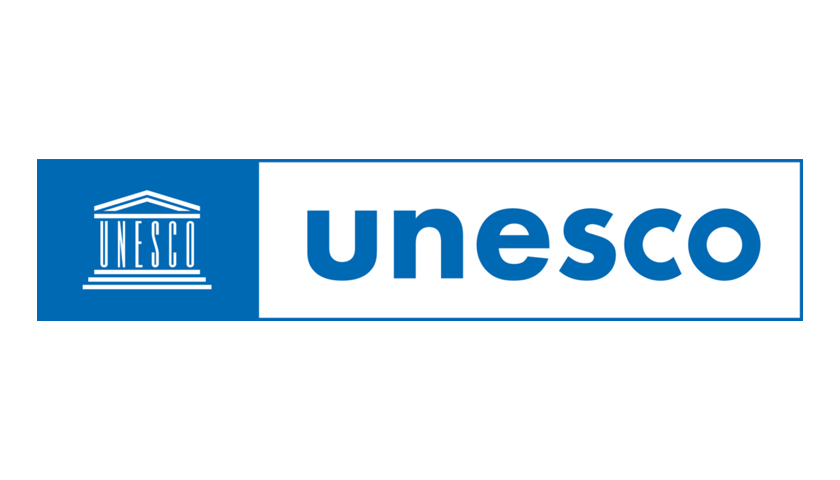The UN Global Compact has renewed its commitment to advancing science-based sustainable ocean business by signing a letter of intent with the United Nations Educational, Scientific and Cultural Organization’s Intergovernmental Oceanographic Commission (UNESCO’s IOC), the UN agency charged with the preparation of the UN Decade of Ocean Science for Sustainable Development.
The UN Global Compact’s Action Platform for Sustainable Ocean Business will play a key role in mobilizing the private sector in the upcoming UN Decade of Ocean Science for Sustainable Development. Scheduled to start in 2021, the Ocean Decade offers a unique opportunity for the private sector and science to work together to increase ocean knowledge.
Together, the UN initiatives will continue to foster science-industry collaboration for a sustainable and thriving blue economy. Rapid declines in ocean health and marine ecosystems underscore the urgent need to intensify collaboration. Advancing science-based ocean business is essential to balance the need for a clean, healthy and productive ocean with the strong growth in ocean industries required to achieve the Sustainable Development Goals.
Vladimir Ryabinin, Executive Secretary of UNESCO’s IOC, welcomed the new partnership as key to delivering on the Decade’s promises of inclusivity: “As a collaborative framework, the Ocean Decade will be uniquely positioned to convene stakeholders from scientific disciplines and ocean industries to work together, leverage expertise and resources, as well as to accelerate ocean knowledge creation and the implementation of impactful solutions. The UN Global Compact will play a key role in bringing the private sector voice into the Decade framework of action to deliver the ocean we want.”
Sturla Henriksen, UN Global Compact, Special Advisor, Ocean, said: “Better ocean science and stronger science-industry collaboration has numerous benefits for both the planet and the private sector, ranging from environmental improvements and cost savings to predictable, stable supply chains and increased market shares. We are delighted to formalize our commitment to science-based ocean business and to the UN Decade of Ocean Science for Sustainable Development”.
Last month, together with UNESCO’s IOC, the UN Global Compact published the paper Advancing Science for Sustainable Ocean Business, clearly outlining the opportunities for the private sector to support the Ocean Decade’s objectives. The UN Global Compact has also identified key opportunities for science-industry collaboration in a new report released last week.
The Blue Resilience brief outlines areas where scaling-up joint science-industry action could enhance the resilience of the blue economy and contribute towards a more sustainable future. Focusing on three blue economy areas, several joint science-industry action areas are identified which could drive a more sustainable ocean economy and could emerge through partnerships created during the Ocean Decade, including:
- Advancing technological innovation, such as the digitalisation of maritime trade, investing in ocean bandwidth, and using digital solutions for seafood traceability.
- Increasing data-sharing across industries and scientific disciplines, including the joint development of and contribution to global ocean data platforms.
- Developing capacity building programmes to ensure technology and innovation benefits are shared equally, strengthening the blue economy and its supply chains.
- Engaging in joint science-industry responsible policy engagement to inform the enabling legislation needed to scaling-up science-based sustainable business.
The report is co-authored by Dr Matthew Slater of the Alfred Wegener Institute, Dr. Robert Blasiak of the Stockholm Resilience Centre and Prof. Thomas Peacock of the Massachusetts Institute of Technology (MIT). The brief is the outcome of a multi-stakeholder ocean Task Force initiated by the Action Platform to help address some of the challenges facing the blue economy, including new ones brought about by the COVID-19 pandemic.


